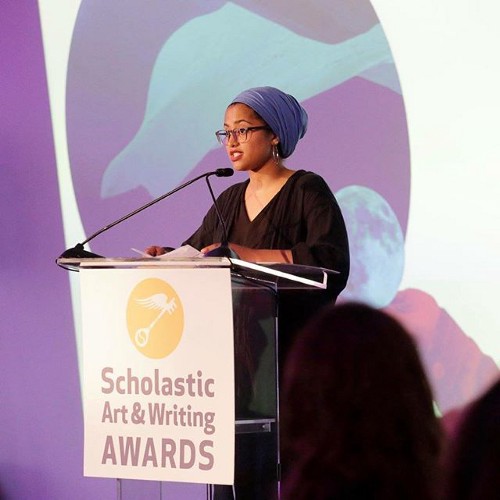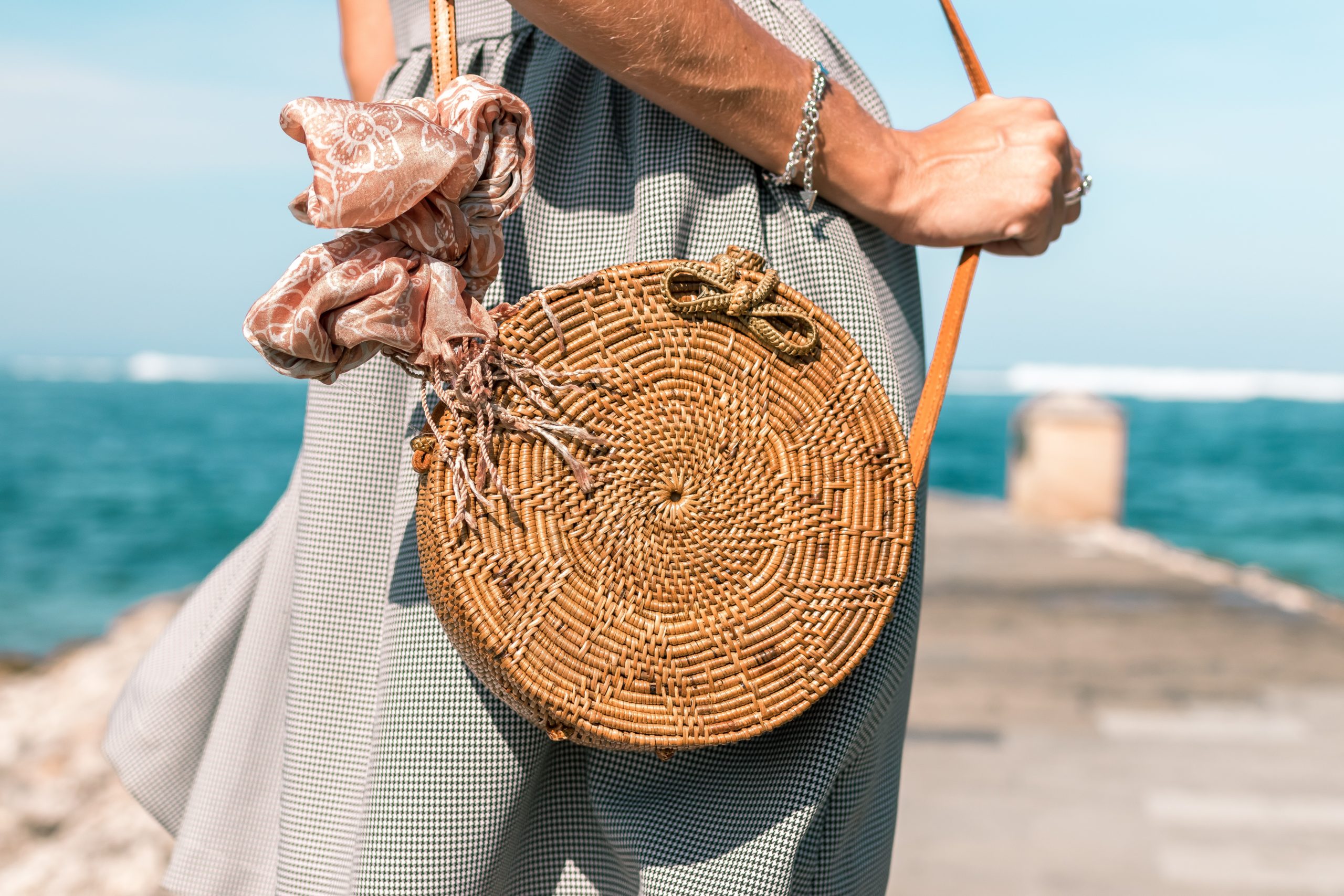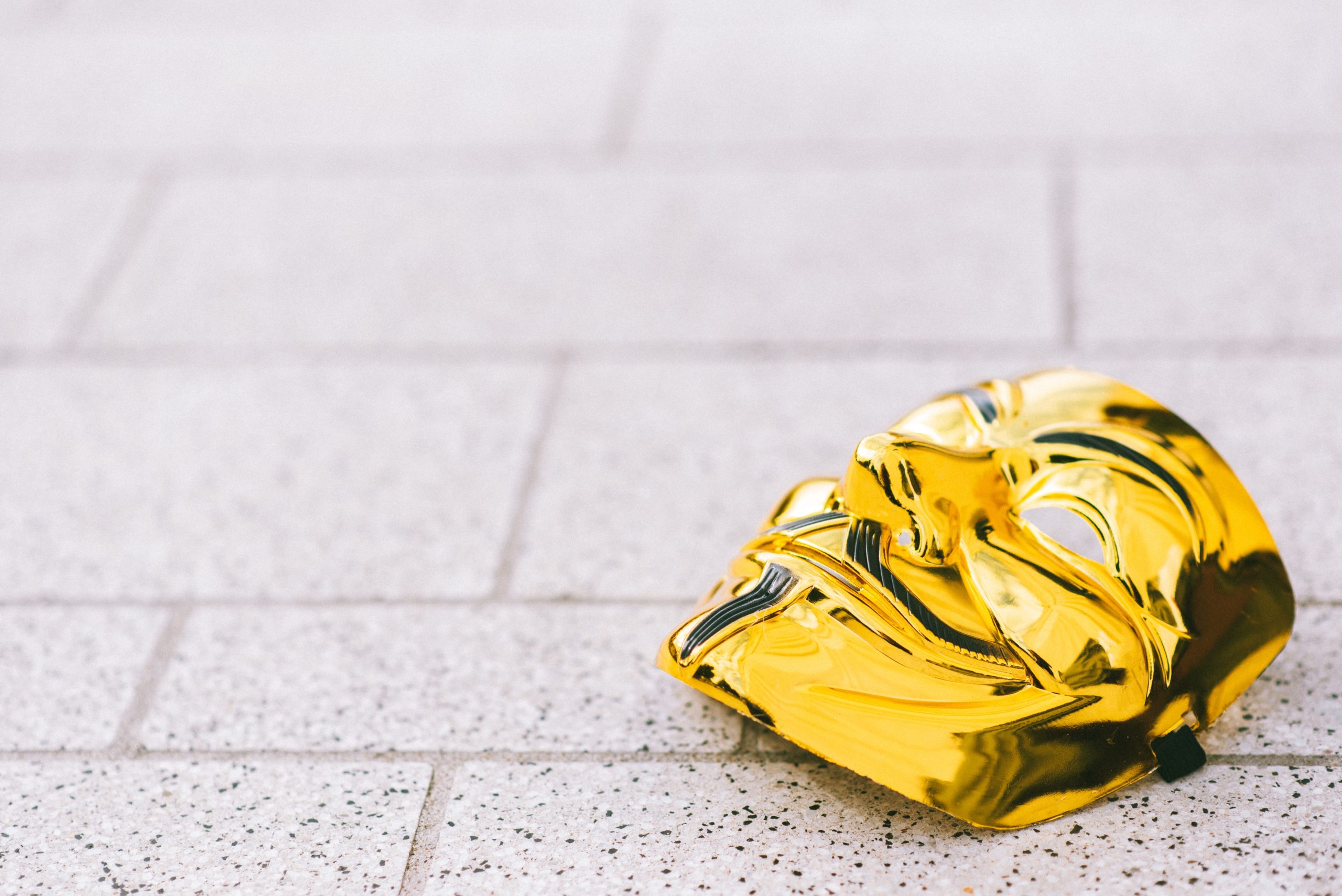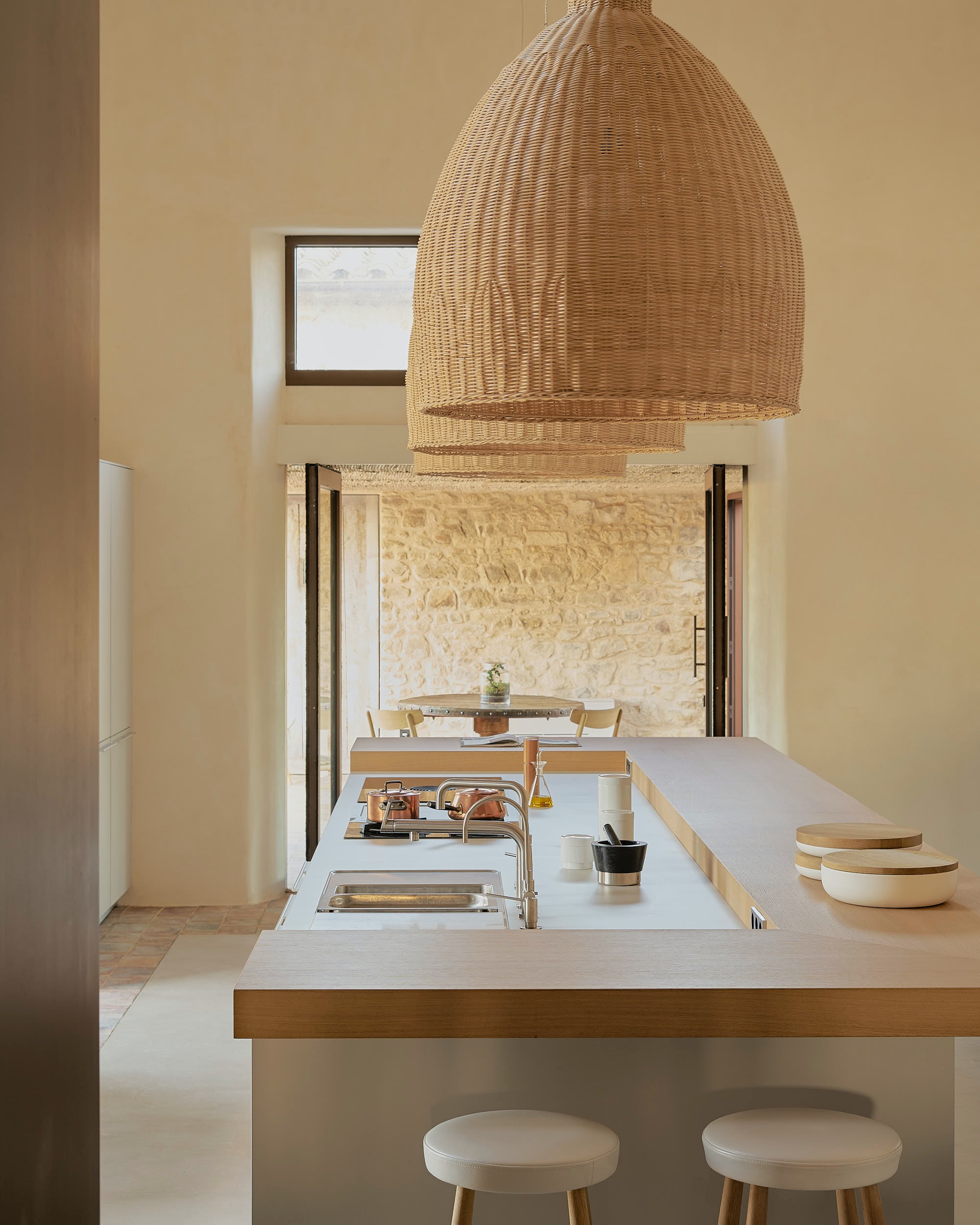Why I Took Off My Hijab
When I was in the seventh grade, at the crossroads of so many insecurities, I hated my body and loved cosmic brownies and would have died for the book The Catcher in the Rye. Like probably everyone else, I related so painfully to Holden’s pent-up longing, his desire to change the world or at least himself to fit more sensibly into it. I related to it even more acutely as a hijabi.
I have a vivid memory of myself during that time, wearing one of my favourite outfits. It was a two-piece orange set, a pair of shorts and a matching tank top, and it wasn’t hijab-appropriate. I vividly remember wearing it in my parent’s bedroom, looking at my reflection in their mirror, seized with the pent-up longing. I remember such a strange sequence of thoughts: If I could wear this outside, things would be different. If I didn’t wear the hijab, boys would like me. I would be popular.
It’s my most desperately middle school moment. How unoriginal of me to have wanted to be popular; how cliché of me to have wanted to please boys! How traumatizing it must have been for me to think those thoughts, middle school subversive that I thought I was. One that kept up with current events religiously, and in print no less. I genuinely considered my print copy of The New York Times the last bulwark between humanity and a ravenous digital age.

Honestly, the years during which I wore the hijab blur together. When I call my parents to tell them that I’ve decided to take off the hijab — over a decade after I first put it on — they ask me, feeling baffled, when I started feeling so unsatisfied, and I don’t have an answer. I started so young and continued for so long and one day I just stopped thinking about it. I can’t identify a single moment when I stopped wearing the hijab with enthusiasm; when it started hiding my insecurities; When it became routinized, a part of the image.
It’s difficult to detangle the symbol from all of the insecurities that netted it, from all that it came to represent for me and the world at large. I defended myself for so long that I forgot what I was defending, and suddenly one day I started wondering if God really did exist. The main reason I took off the hijab was because I started questioning — not Islam specifically but institutional religion at large.
Another reason why I took it off was that it was so easy for me to hide my body and its perceived flaws under the blanket of “modesty.” Not that I was always trying to hide — a lot of the time there was pride there, a lot of protection. Like everyone else, I experienced swells or confidence and swells of insecurity. And I’m grateful about what the hijab has taught me about the male gaze, how differently (straight) American men treat you when you’re wearing a scarf and when you’re wearing a mini-skirt. How shallow their world can be, how hilariously fulcrumed on beauty, and how essential it is for a woman to see through that to her real worth. I still see myself as the hijabi I was. I will always have her shrewd perspective, formed over the course of a decade plus of being de-sexualized and over-politicized and mostly looked over by the same men who now “want to grab a drink sometime.” (PSA: I still don’t drink.)
The hardest part about taking off the hijab was actually taking it off when I decided that I wanted to. When I suddenly decided that I was, to borrow from Sarte, living in bad faith. I knew that people would look at me and think that I was liberated. I didn’t want to explain myself anymore, because that was all I ever did as a hijabi, and I wanted to escape the cycle where my body as a Muslim woman was perpetually a public affair. I was so tired of defending myself at the cost of myself, and it struck me as terribly cruel that the hijab would continue to define me by nature of its absence after I took it off. So I stalled for a year, until I got tired of caring.
I’m going to graduate from college this year, and I’m re-rereading Catcher in the Rye. There’s a scene near the beginning that has always stuck with me. Holden’s roommate is about to go on a date with Jane, who is waiting downstairs for him, and who Holden has known forever.
‘Jane Gallager. Jesus.’ I couldn’t get her off my mind. I really couldn’t. ‘I oughta go down and say hello to her, at least.’
‘Why the hell don’tcha, instead of keep saying it?’ Stradlater said.
I walked over to the window, but you couldn’t see out of it, it was so steamy. from all the heat in the can. ‘I’m not in the mood right now,’ I said.
This passage is remarkable because of how well-executed it is, how many times Holden repeats himself, fooling Stradlater and himself but not the reader. Because of all the pent-up longing. It’s not just that Holden is misunderstood, it’s also that he misunderstands himself. The way that he is getting in the way. The traumas he cannot really control. This passage is so vulnerable it hurts, makes you angry when you read it. Even the second time around.
The year when I was wearing the hijab without wanting to — after I decided that I wanted to, no, had to take it off — was a lot like that passage.
In the aftermath of my decision, we still make circular revolutions around the sun. But much is new to me, and I feel a sort of rebirth in the fishnet stockings I order, the first denim cut-offs I own, one yellow scarf that I like to use to put my hair up. In the first couple of weeks I stop to look at my reflection a lot because I am so unaccustomed to seeing myself with a halo of curls that pulls in different directions and takes on different shapes. It’s like a temporary dysphoria, when your reflection changes so suddenly, with such dramatic social implications, and it’s fascinating. Because, well, things are different. Boys like me more. I can’t tell about the popularity bit.
Wind on bare skin is also a new thing for me. Bad hair days. 90’s clips in different colours. Eco-gel in plastic tubs. And being seen as a woman with sexual capacity — a woman with desires who goes on dates. Not being seen as a Muslim any longer. The sad simplicity that comes with this fact, is how I probably put people more at ease.
Read more from Romaissaa Benzizoune on Medium and Substack




